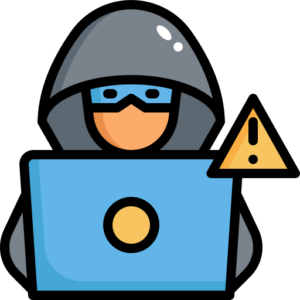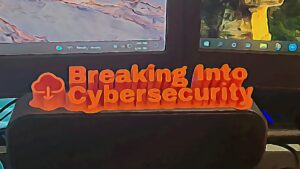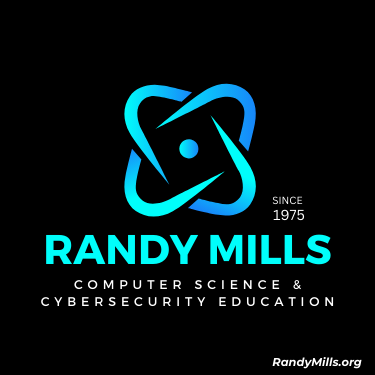
Creating cybersecurity classes can be fraught with concerns, as schools and districts often harbor apprehensions about the potential for inadvertently fostering hackers or criminals. It’s essential that these programs incorporate a strong moral component. Fortunately, my experience has shown that many students self-select out once they realize that cybersecurity involves more than just breaching systems. Our curriculum prioritized defensive strategies, dedicating hours to fortifying devices and servers against potential threats. While this approach allowed for exploration, it also led to the discovery of vulnerabilities in our district’s systems, which we promptly reported for remediation. Ironically, we also uncovered flaws in the CyberPatriot server, the very platform we were preparing to compete on. Despite the temptation, we consistently reported these findings to system administrators as a gesture of support. Adhering to a strict rule, I ensured that all information was channeled through me to prevent students from becoming targets, emphasizing that cybersecurity activities were always supervised.
During a routine practice session, a competitor drew my attention to his screen, revealing a live feed of a computer lab at Virginia Tech University. He disclosed that they had identified a security flaw in their camera server, granting easy access to both security and lab servers. This discovery presented a unique challenge, extending beyond our typical investigations. Crafting an email to address the issue, I took great care to avoid any implications of wrongdoing. Just as I was about to send it, a student suggested adding a note about the low magenta ink level in their printer. While amusing, I decided against including it, recognizing the importance of maintaining a professional tone in our communications. This incident proved to be a valuable lesson in responsible reporting and engagement with external entities. It’s worth noting that this occurred around 2012, when cybersecurity measures were not as robust as they are today. Nevertheless, the skills acquired by these students have proven invaluable, as they continue to apply them ethically in their careers, ensuring a legacy of success.

The author has used AI tools to edit and revise content.
